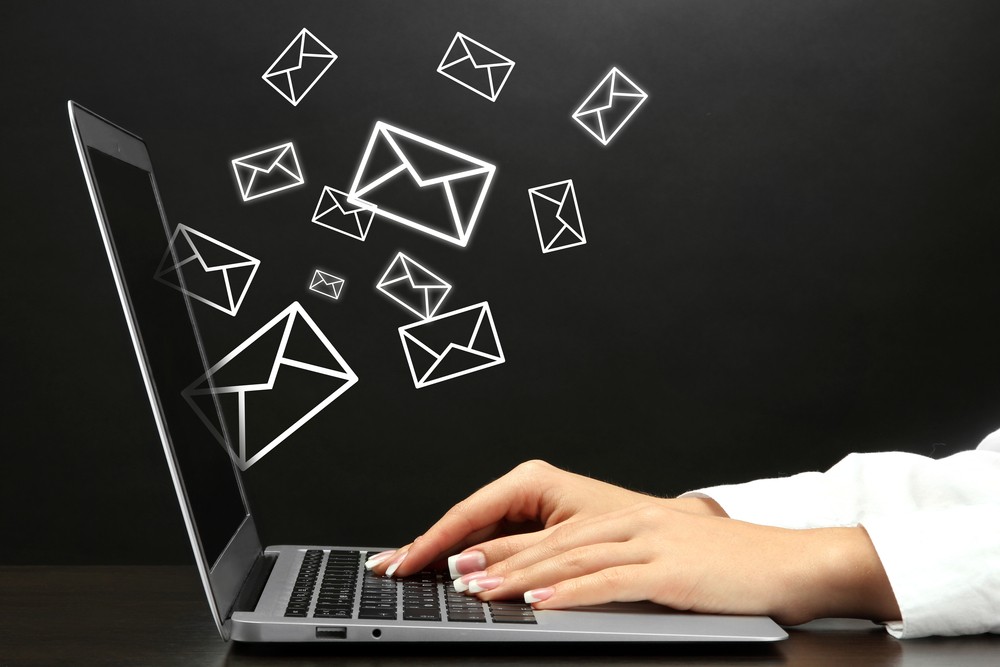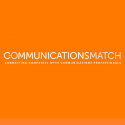Email Newsletter Delivery – How to Authenticate Your Domain
If you are one of the millions of agencies or companies producing an email newsletter, CommunicationsMatch™ partner DaSh factor’s Shadra Bruce details the steps required to authenticate email domains - a key step to ensuring delivery in a new CommPRO.biz article. Although this was optional in 2023, in 2024 no email service provider will allow you to send an email campaign or newsletter without first authenticating your domain.

As she details in Email Domain Authentication And How To Fix Delivery Issues, recipients will not receive emails from an unauthenticated domain. Emails may go into SPAM or quarantine. As I wrote a couple of weeks ago in Are Your Emails Being Delivered, the issue with domain authentication is not restricted to newsletters, it can have knock on effects for email addresses associated with websites.
For agencies or companies with dedicated IT staff or working with email services providers, these changes should not be a surprise, but based on conversations I have had since the beginning of the year, the changes to email are still not uniformly known. They are so significant that in Finland at the end of last year there was a major government public awareness campaign!
Bruce notes that “Domain authentication is a fairly straightforward process. Your ESP will provide specific instructions based on your domain provider to add CNAMEs and _DMARC records provided by your mail service. Authentication normally takes place within 48 hours, but can take longer, and there can be complications.”
She adds that although authentication is not difficult, it may take time. “Domain authentication tells the server receiving your email that you are who you say you are. Domain authentication ensures email deliverability. Mechanisms like Sender Policy Framework (SPF), DomainKeys Identified Mail (DKIM), and Domain-based Message Authentication, Reporting, and Conformance (DMARC), help prevent email spoofing and phishing. Email providers use these authentication methods to verify that an email is genuine, reducing the risk of emails being marked as spam or rejected.”
An email marketing and social media services provider for clients including CommunicationsMatch™, Bruce shares additional reasons why domain authentication is important. These include building trust and reputation, improving security, email compliance requirements, and reducing email abuse.
“Phishing and spoofing attacks are getting more sophisticated, making comprehensive domain authentication practices a crucial step in overall site security. By meeting these basic industry standards, it creates a safer online environment for everyone.”
DaSh factor LLC, is a digital marketing firm specializing in content management, email marketing, web design, and author coaching. Learn more about DaSh factor at https://www.communicationsmatch.com/company/dash-factor-llc.
Simon Erskine Locke is founder & CEO of communications agency and professional search and services platform, CommunicationsMatch™, and CommPRO partner. CommunicationsMatch’s technology helps clients search, shortlist and hire agencies and professionals by industry and communications expertise, location, size, diversity and designations. CommunicationsMatch developed the industry’s first integrated agency search and RFP tools, Agency Select™, with RFP Associates. CommunicationsMatch™ powers PRSA’s Find a Firm agency search tools.
